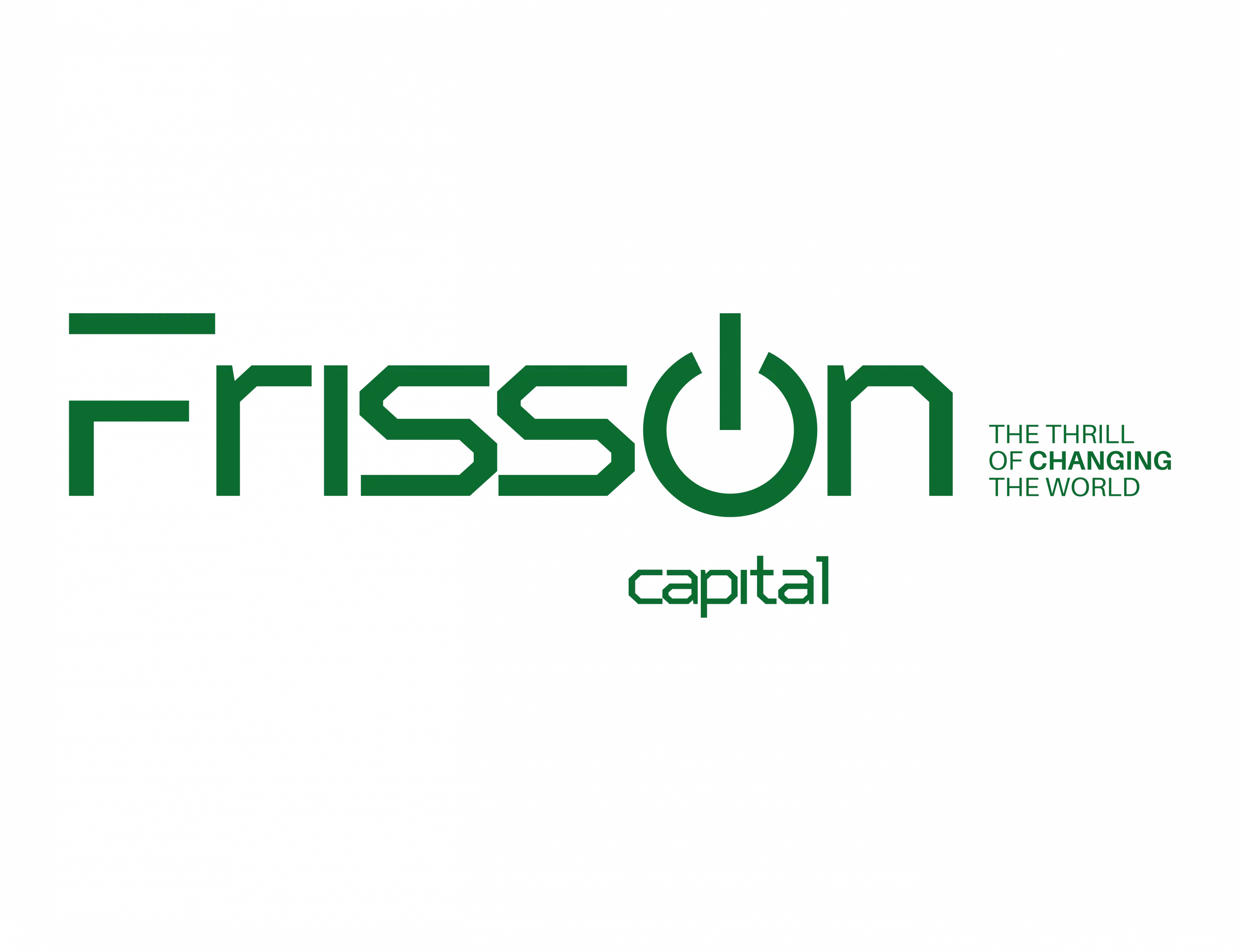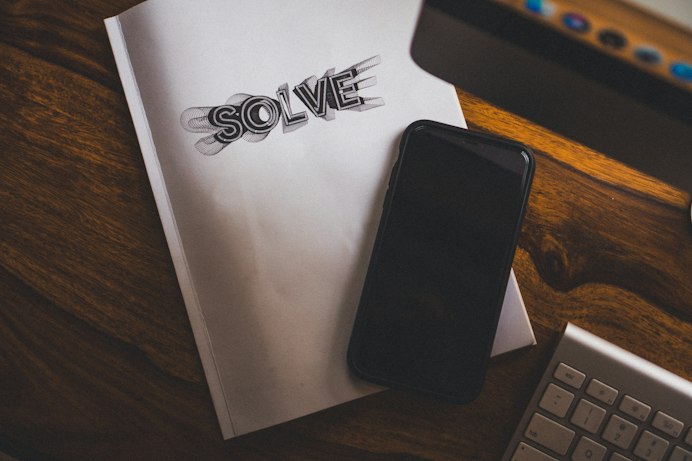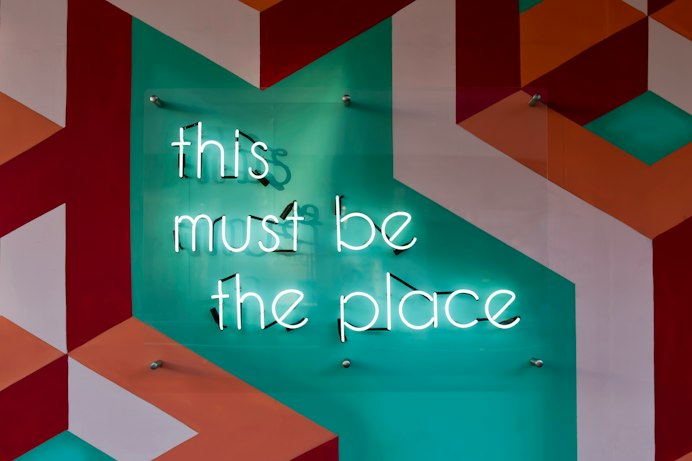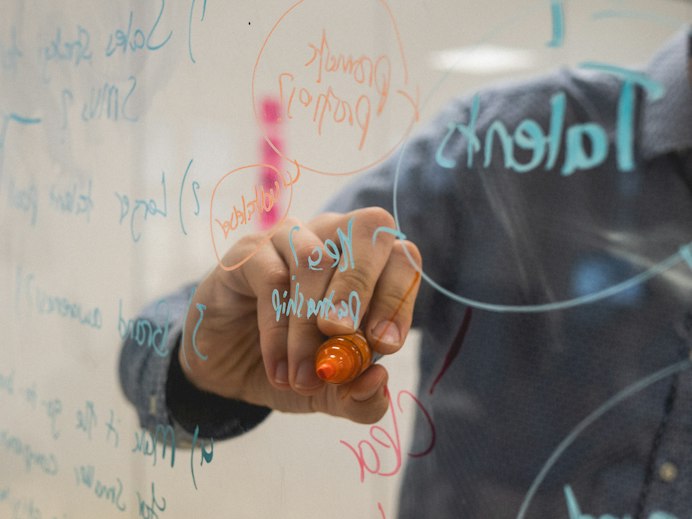Combining neuroplasticity with the best tools and methodologies for entrepreneurship and innovation allows entrepreneurs to understand, retain and put everything they learn into practice.
In 2010 we started experimenting and have evolved the way we train entrepreneurs in each cohort of venture building we teach, and in each case we have always done it differently. We call this perennial innovation.
On October 27, 2021, we started our 51st cohort and, once again, we have done it differently. This edition is based on a new model that we have been discussing and testing for the last two years focused on neuroplasticity. It is called EBELI Basecamp (Evidence Based Entrepreneurship & Lean Innovation).
The obvious question is what does neuroplasticity have to do with entrepreneurship?
Let’s first understand what neuroplasticity is: it is the ability of the brain’s neural networks to change through growth and reorganization. There is evidence of active reorganization of the brain’s synaptic networks from experience, involving multiple interrelated structures, including the cerebral cortex. According to conditioning studies in invertebrate animals, this is a fundamental concept in theories of memory and learning associated with altered synaptic structure and functions. Examples of neuroplasticity include changes in circuits and networks resulting from learning a new skill, environmental influences, and psychological practice and stress.
Combining neuroplasticity with the best tools and methodologies for entrepreneurship and innovation allows entrepreneurs to understand, retain and put everything they learn into practice. We certainly do not pretend to answer whether entrepreneurs are born or made, but we are convinced that it is not innate, and therefore can be hacked.
Experiential Classes
More than 20 years of experience have taught us that the best way to teach entrepreneurs is through experiential classes designed to achieve a high degree of complexity and realism in order to facilitate the change in their programming, responsiveness, agility, and resilience, all of which are necessary for the development of a new venture.
EBELI’s goal is to get entrepreneurs out of the building to test their assumptions, understand which of them were wrong, and discover what they need to do to make an impact on the market. We want them to experience wrong assumptions, not as a crisis, but as a learning event called a “pivot”, an opportunity to change the business model.
The Curriculum
We combine the best of two worlds for the development of our entrepreneurs: theory and intensive practice.
Our programs are built considering the following variables:
· Team Building.
· Project Fact Sheet (for investors).
· Systemic Thinking (Systemic Canvas).
· Business Model (Basic Canvas, Business Model Canvas, Impact Canvas, and Public Canvas).
· Exponential Tools (Exponential Organizations Canvas).
· Crystallization (Incubation and Acceleration).
· Scaling (Scaling Canvas).
Every week, we meet twice with the teams:
1. A Q&A session where each team exposes doubts that arise during the development of the program.
2. A sherpaing session, where a certified sherpa has personalized 20 min sessions with each team, assuming the role of a guide who provides guidance and structure; NO consulting, NO advising, NO teaching with the truth in hand, NO indoctrination. Simply using the Socratic method to help gain perspective and think differently.
Structure
Entrepreneurs who enter the program arrive with an idea for a product or service-oriented to solve a major global challenge. Our initial goal is to get entrepreneurs to discover that most of their initial assumptions are incorrect.
The entire program is developed asynchronously through videos, remote sessions, and tools that provide guidance and structure for entrepreneurs to work outside the building.
On a weekly basis, entrepreneurs take time to reflect on their learning while developing specific required deliverables. What is learned in one week always provides context for the following week. As a parallel system, EBELI allows entrepreneurs to turn their learning into a story.
EBELI Basecamp is divided into three major steps:
1. My team, my project and, my environment.
2. My business model leveraged technologies and exponential models.
3. Scaling my business.
Inverted Classroom
Sessions are not lectures where instructors lecture and entrepreneurs listen. Instead, we invert the classroom logic and assign homework on all the main topics to use the time of each session to discuss what has been learned. Instructors supplement the weekly homework assignments with short lectures on the topic so that class time is used to review the concepts.
The objective is to change their mindsets, strengthen the cognitive processes and take them to a thorough understanding of abundance. We cannot reach that by lecturing.
Speed and Tempo
EBELI touches on a large number of topics in a relatively short period of time, which may seem unreasonable, but every team manages to do it. Most entrepreneurship programs offer no time and resource constraints, but our program is designed to offer maximum ambiguity while pushing entrepreneurs to achieve extraordinary results under relentless pressure and time constraints. The program is high performance and designed to create immediate responses in time and resource-constrained environments. We believe that speed and tempo improve when you have the opportunity to operate outside of your comfort zone.
Direct Feedback
Instructors and sherpas focus on helping people grow by giving clear, specific, and honest feedback. The sole objective of an Instructor and sherpa is to offer specific guidance and solutions.
Our 20+ years of experience has shown us that this process is effective, even though it may seem painful.
Results
Since 2010 we have trained Instructors and sherpas from around the world to deliver the program to entrepreneurs everywhere. To date, 100,000+ entrepreneurs have been trained by EBELI and we continue working to support 10 million entrepreneurs in 10 years.
We will not rest until every entrepreneur is empowered.
If you want learn more about the methodology you can pre-purchase the book and visit our webpage.







